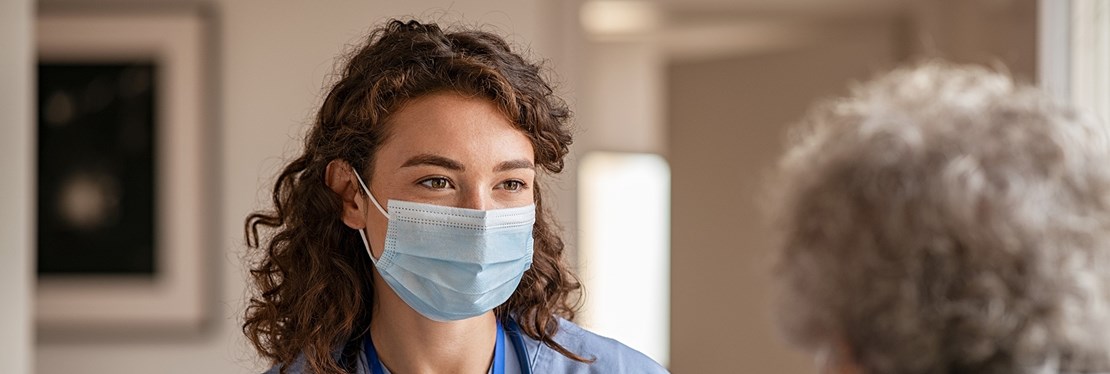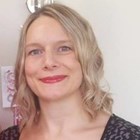The consequences of the COVID-19 pandemic have demonstrated more than ever the need to protect care home residents from unnecessary risk.
But delivering healthcare has traditionally exposed this population to additional risk whether that is an infection risk from a circulating group of healthcare workers or delirium risk from hospital admissions.
With the Network Contract Direct Enhanced Service (DES) specification setting out the expectations for primary care to deliver Enhanced Health in Care Homes, health and care systems are increasingly turning to technological solutions to improve care quality and outcomes for residents while increasing efficiency.
- Around 28,000 emergency admissions from care homes to hospitals in England are made each year.
- Research by the Nuffield Trust has shown that providing a dedicated service for care home patients could cut hospital admissions by a third.
Arden & GEM has been working with two technology suppliers, Tekihealth and Dignio, as part of care home pilots in the North West, Yorkshire and Midlands.
Remote consultation and assessment
Tekihealth, founded by two practising GPs, has developed a remote assessment solution called Teki-Hub which enables doctors to conduct a full clinical assessment through the use of tele-diagnostic equipment. A handheld modular diagnostic device connects to a compact lightweight wireless internet router, with a video conferencing platform allowing GPs to communicate directly with the patient and care home staff. This is complemented by a portable digital spirometer and ECG monitor.
The diagnostics device – which includes a high definition camera, no-touch infrared basal thermometer, digital stethoscope, otoscope and tongue depressor - arrives fully boxed and can be used by staff with or without medical training to support virtual ward models of care and for triage, assessment and even direct supervision of treatment.
Teki-Hub has currently been implemented in 16 care homes in Staffordshire, Wolverhampton, Dudley, Coventry, Norwich, West Yorkshire and Scotland, with project management and evaluation support provided by Arden & GEM.
For patients, Teki-Hub delivers continuity of care in a safe manner, with technology that goes beyond a simple online consultation by using the highest quality diagnostic device and connectivity solutions. For GPs and Primary Care Networks, Teki-Hub enables regular care home rounds to be conducted virtually which releases clinical capacity while reducing costs and overheads.
Dignio provides a remote patient monitoring system, supported by physiological observations, which detects clinical deterioration in health triggering earlier clinical intervention. Earlier intervention delivers better clinical outcomes and fewer, more
appropriate hospital admissions.
Following a successful care home trial in Stockport, Dignio was recently commissioned by NHS Dudley CCG to undertake a trial in two local care homes. Following a patient consent and staff training process, digital thermometers and pulse oximeters will be used by care home staff to submit results to a clinical hub, where a live patient dashboard will be monitored. Clinical parameters are agreed in consultation with GP leads, with amber or red alerts being flagged to an advanced nurse practitioner who will then contact the home with a view
to clinical triage.
The combination of questionnaires and clinical monitoring ensures acute clinical deterioration or changes in chronic conditions are detected with ease.
With nursing and care home populations at continued risk from COVID-19 set against significant pressures within the primary care system, remote monitoring and assessment offers a more efficient model of care which can improve outcomes for a vulnerable group of patients.
To find out more about the two technology solutions featured in this article, email contact.ardengem@nhs.net

